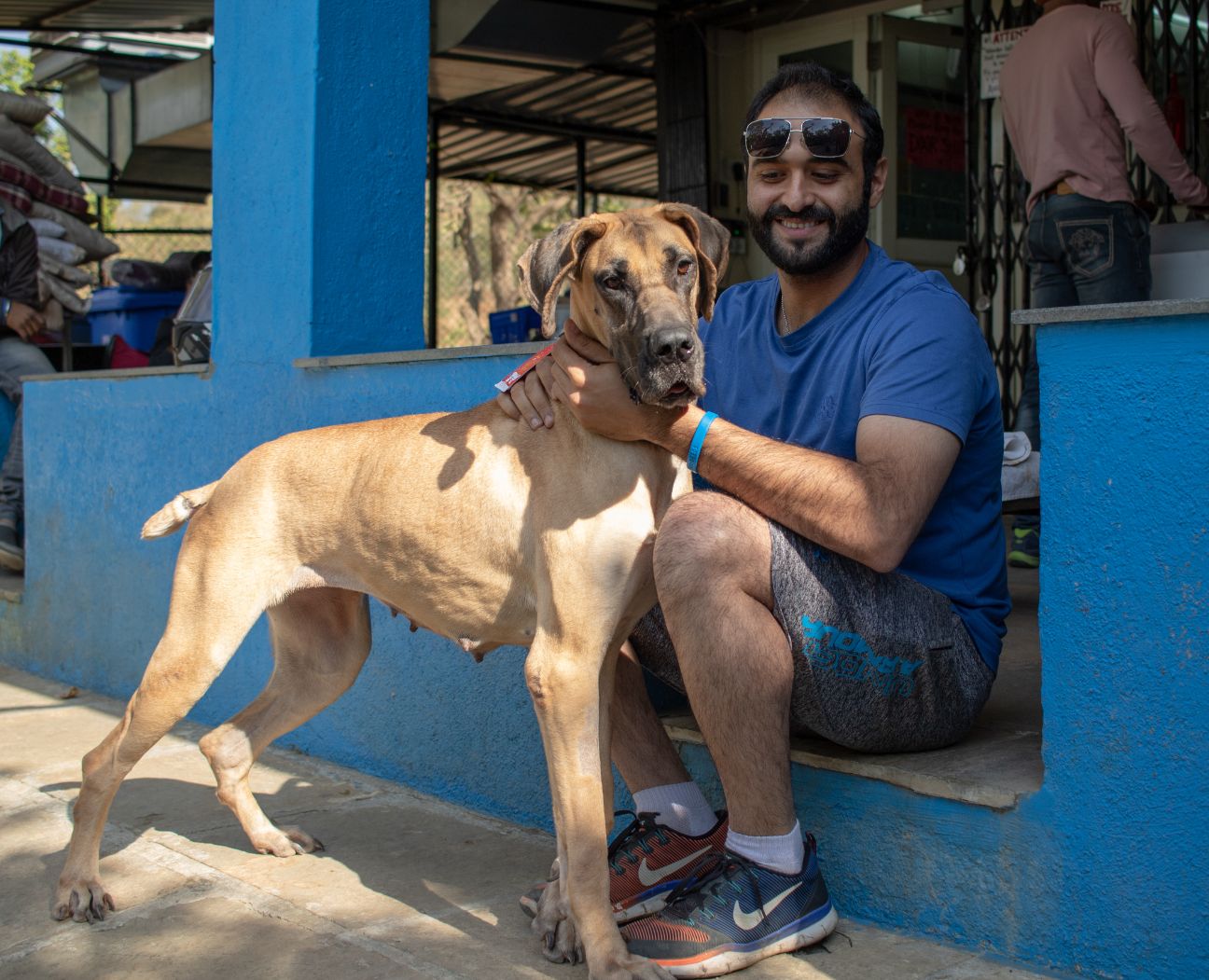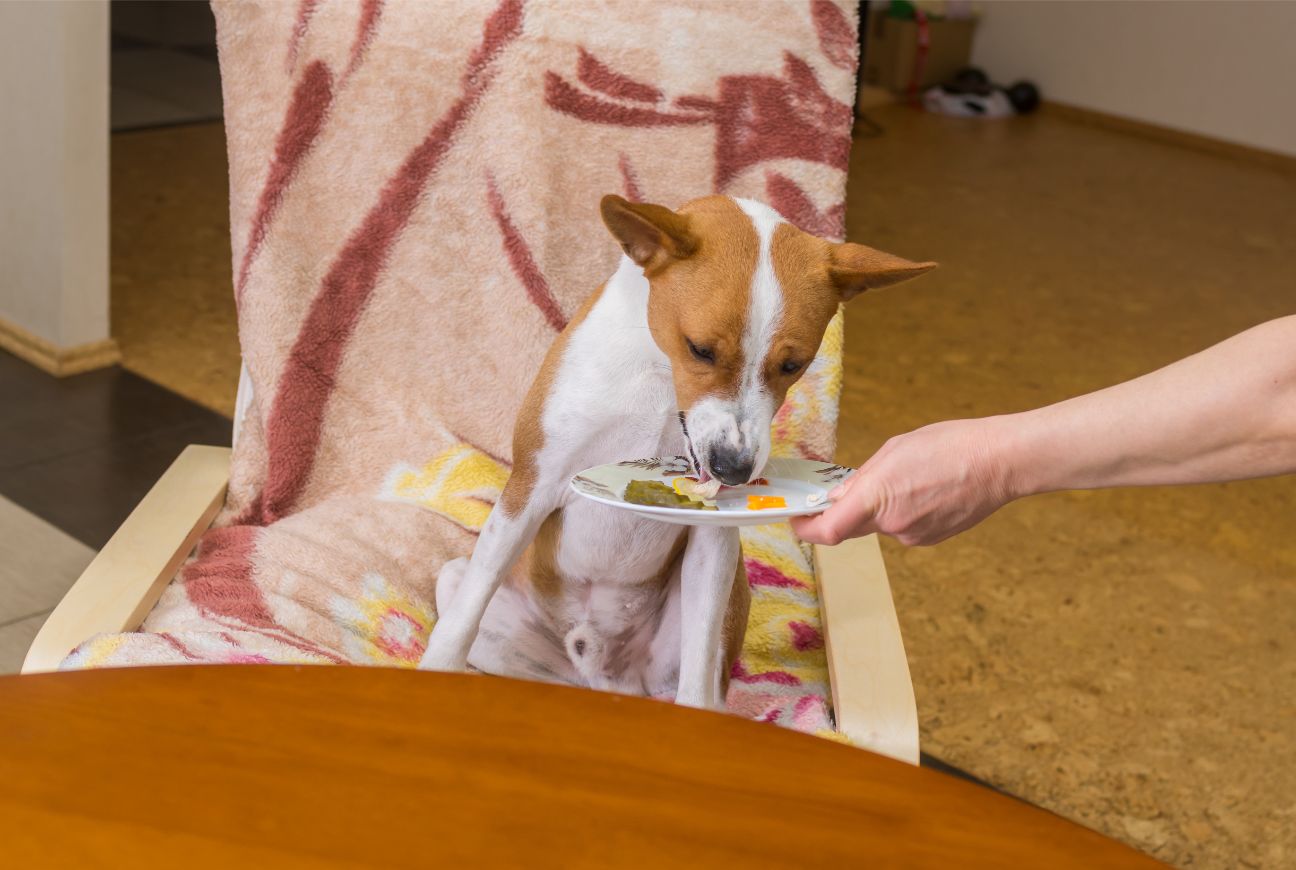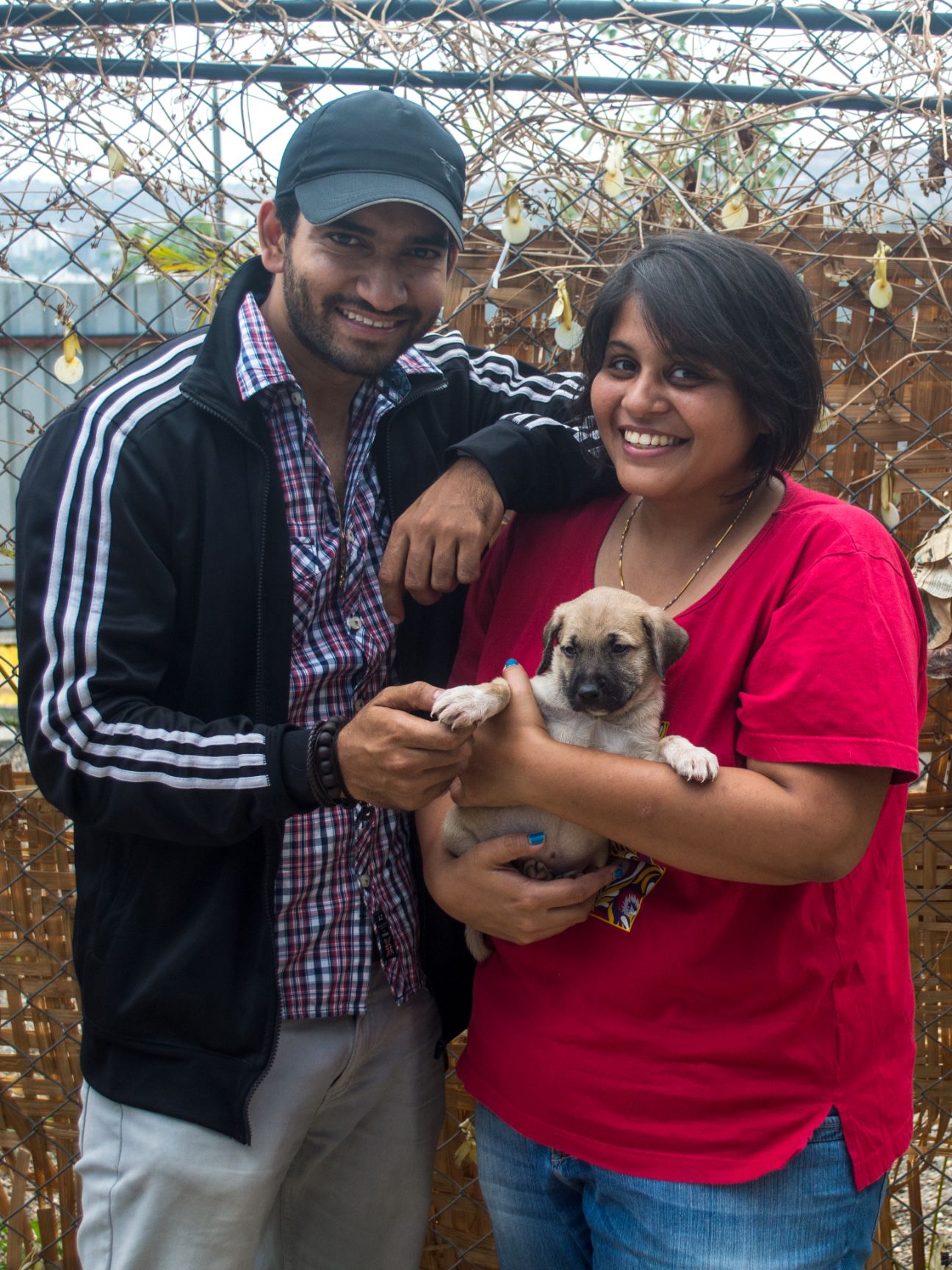Most rescued dogs have been abandoned or were born homeless on the streets. This can wire their behaviour in different patterns. Here's a guide to help you prepare for your new friend’s arrival.
Before anything else, I’d like to say: bravo and thank you!
In our country, so many dogs are abandoned and homeless. While it may seem impossible to change the situation for each of those dogs, you have just changed the life of one!

Don’t forget to also read my article on Bringing Home a New Dog where I’ve outlined all the do’s and don’ts when you are about to embark on this journey.
Bringing home a rescued dog can be different in some or many ways, especially if the dog is beyond puppyhood. Most rescued dogs have been abandoned, surrendered, or born homeless on the streets. This can wire their behaviour in different patterns. Many things that a dog in a secure home environment takes for granted will be contentious for a rescued dog.
Shelters are also gradually realising the same and creating specific programs to help rehabilitate dogs not just physically but mentally as well. However, irrespective of whether you have adopted your dog through a shelter that runs dedicated rehoming programs or off the streets, it is important to work on stabilizing and gauging your new dog's temperament. If you are adopting a dog from a shelter, do your homework and find out everything you can about his past, including all medical issues.
We call the initial few days, a ‘honeymoon’ period.
This is also usually the stage when dogs will typically fluctuate in health. Adapting to a new lifestyle, new food, and finally feeling less stress entails that the body can take some time to cope. Be patient but particular. If you see your dog is listless and ill, it probably needs medical attention.
Usually, rescued dogs will also be far too exhausted to show their true personalities. They will catch up on sleep, be thrilled with the regular supply of food and treats, and enjoy all the cuddles. But through all of this, dogs are also gauging us. How soft are you? How much can I get away with? When you say “NO”, do you really mean it?
So if they are observing us so carefully, we need to do the same. In the initial few days, the basic things to observe and understand would be:
- Personality type: Is your dog shy, timid, happy, energetic, scared or angry?
- Handling: Is your dog comfortable with all kinds of handling? Will he easily allow being collared and put on a leash? Does he accept grooming and hair brushing? Does he allow you to touch his extremities like paws, ears and tail?
- Aggression: Is your dog showing any kind of aggression at all, whether it is towards toys, food, certain people, or space?
- Food or toys: Is your dog food-motivated or does he also like toys more?
- Separation anxiety: Is your dog able to cope with being left alone? Even when you are at home, does he stick to you or does he like his space?
- Phobia: How is your dog when exposed to loud sounds, traffic, water, etc.?
- Social skills: How does your dog react to new people, new animals and new spaces?
Observing the above will help you start understanding the areas that may need some work, and you may even have to seek the professional help of a qualified canine behaviourist.
You may also get a dog that is happy and secure. But if your dog shows any unacceptable behaviour, it is important to correct it right from the beginning, even if it means seeking professional help right from Day 1.
Another very important point when taking home a rescued dog is overcompensating. Yes, the dog has a terrible history. Yes, you feel sympathetic and sorry. Yes, you want to make up for everything that he may have lost out on.
But when we overcompensate, we set ourselves up for failure.

Image Courtesy- Yuri Kravchenko-Shutterstock
Overcompensation can very quickly spoil a dog and make him feel like he can get away with anything. So feel free to shower your dog with love, but be firm nevertheless. Find a good balance; don’t be afraid to reprimand bad behaviour and always praise good behaviour.
Never justify bad behaviour by blaming it on his past!
The most important factor when bringing home a rescued dog is TIME. Rescued dogs are not readymade to fit into the jigsaw puzzle of your life; actually, no dog ever is.
It takes time for the dog to recover from the trauma he has seen.
It takes time for a dog to understand and adjust to your routine and house rules.
It takes time to build security and trust.
It takes time to work on behaviour.
It takes time to build a strong bond.
But if you give it time, you will find that your dog will learn to love and trust again, and become an irreplaceable part of your life!
